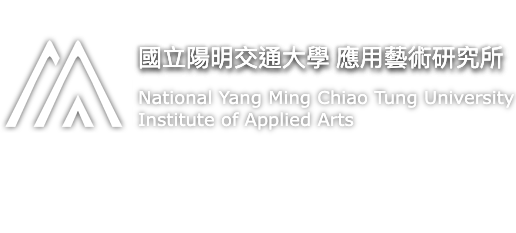MAJOR
Industrial Design Major
We mainly cultivate forward-looking design practice, design engineering, design theory, design planning, and computer-aided design-related talents. The research range includes product design, interactive design, human-machine interface and user experience (UI/UX), digital fabrication, sensory engineering, computer-aided design, innovative design methods, modeling style, material engineering, service design, virtual and integrated design. Graduated students can be design engineers, supervisors or trend researchers in the design department; design-related developers/creators/entrepreneurs; or enter research units or R&D departments for in-depth design research.
The academic areas of industrial design group include:
Product design, interactive design, UI/UX research, experience and service design, sensible engineering, modeling and material research, virtual and real integration design, digital manufacturing, future design, etc.
Trans-disciplinary Arts Major
Trans-disciplinary arts group emphasizes parallel with creative practice, uses the hybrid creation of new media and multi-media, reflects the social context, and constructs the relationship between the individual and the contemporary environment. Through the perspective of integration of technology, art, and humanities, it engages in cross-domain research and creation of art. The visual culture theory, contemporary aesthetic theory, and philosophical theory are used as academic research abilities to develop personal creation.
The academic areas of trans-disciplinary arts group include:
Trans-disciplinary creative practice, art research, 21st century art, artist’s book, film visual symbol and metaphor application, interrogative design, perceptual phenomenology series lectures and topics, new media art research, contemporary aesthetic theory, perceptual media topics, image aesthetics and creation, media design, tactile text, experimental images, visual communication and identification, etc.
Future Technology Major
Future technology considers the trend of combining nature with man-made objects, focusing on scientific research and sci-fi issues such as artificial intelligence, cluster data, and complex networks, returning to human perception and cognition, and intending to incubate the future of bio-artificial reality. The group aims to cultivate cross-domain talents in science and technology and conduct related research and application of “technology-oriented human-computer interaction” and “technical art creation.”
The academic areas of future technology group include:
Data visualization, interactive device design, display technology, technology human-computer interaction research, virtual reality / augmented reality interface research, scientific and artistic creation, artificial emotional intelligence, computational aesthetics, generative design/art
Communication Art and Technology Major (Ph.D. only)
Operated by the Institute of Communication Studies (ICS) since 2017, the Ph.D. program of Communication Art and Technology aims to cultivate top researchers in the field of communication worldwide. Courses offered in this program follow two major tracks, including “New Media and User Experience” and “New Media and Marketing Communication.” Admitted doctoral students first build basic knowledge and methodologies through core courses, and then take core elective courses to acquire research expertise.
Finally, students develop comprehensive research skills through independent studies, topical seminars, and conference presentations, and are encouraged to participate in top research projects. Students generally complete their doctoral study in 5-6 years, with the career goals to teach and conduct research at distinguished universities across the world.


